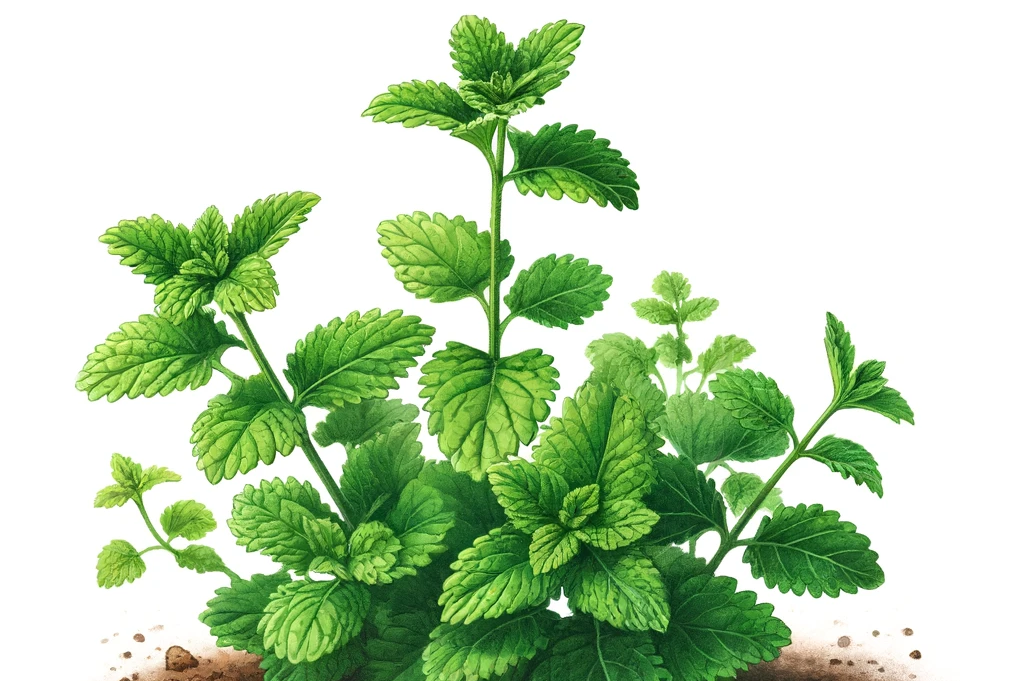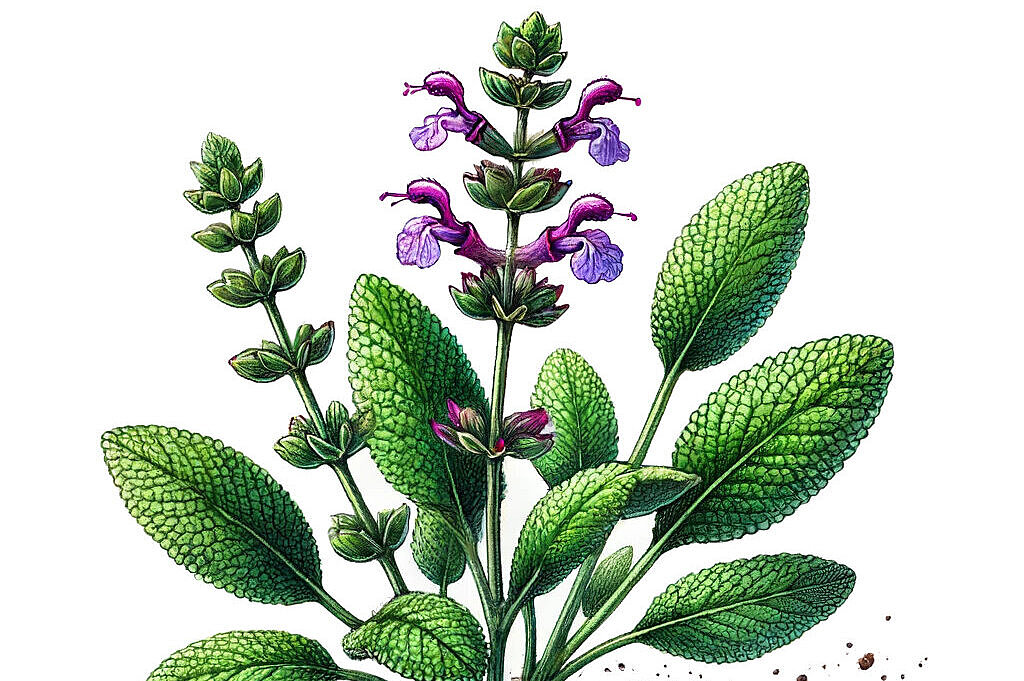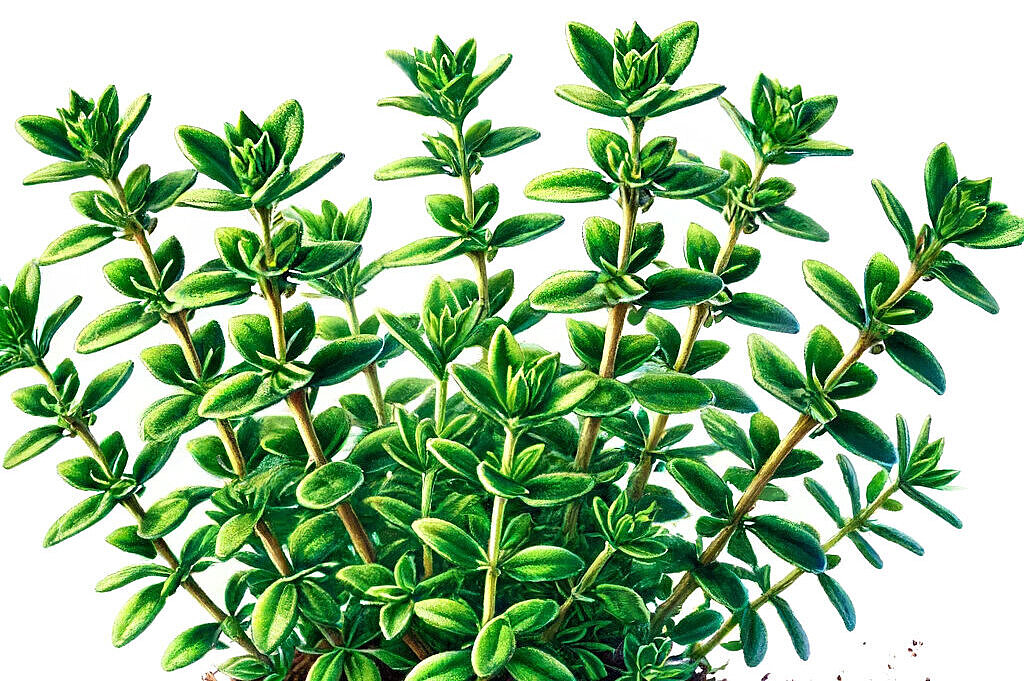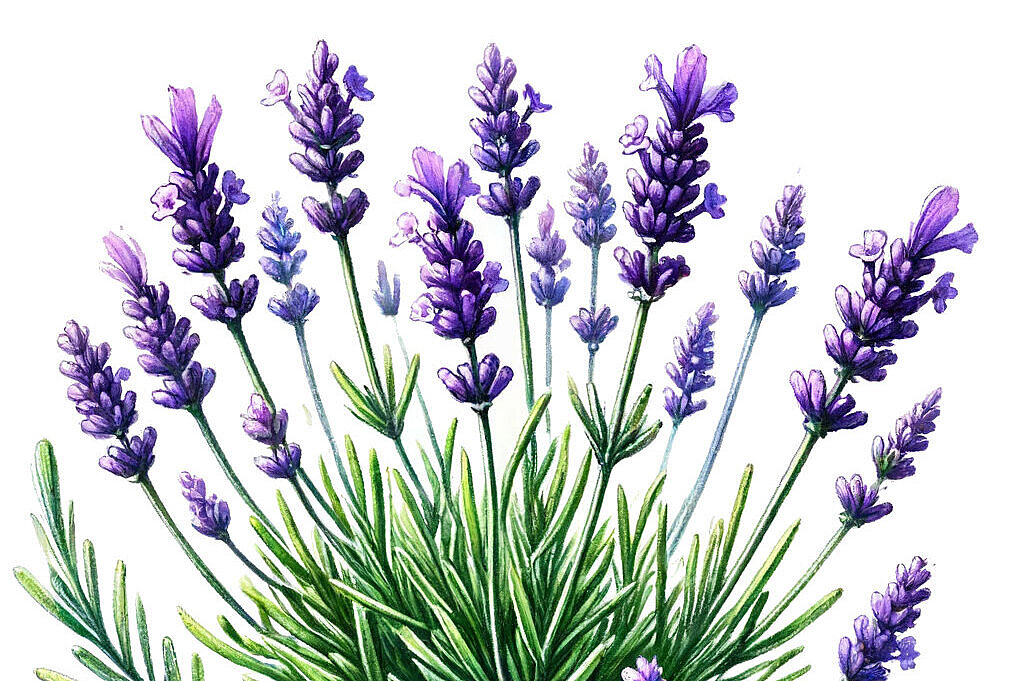Verbena officinalis

You may have heard of verbena, a plant with many medicinal properties. But did you also know that verbena can be good for dogs? In this article, you will find out more about this versatile plant and how you can use it for your four-legged friend.
What is verbena?
Verbena is a genus of around 250 plant species from the verbena family. The best-known species is verbena officinalis, which is native to Europe, Asia and North Africa. Verbena has an upright stem with elongated leaves and small pink or white flowers arranged in spikes. The plant grows to a height of around 30 to 60 cm and flowers from June to September.
Verbena has a long history as a medicinal plant. Even the ancient Egyptians, Greeks and Romans used verbena for various ailments such as fever, wounds, headaches and digestive disorders. Verbena is also popular in folk medicine, especially as a tea or tincture. Verbena contains various active ingredients such as bitter substances, tannins, flavonoids, iridoids and essential oil, which have an anti-inflammatory, antispasmodic, pain-relieving and calming effect.
What are the benefits of verbena for dogs?
Verbena can also be a valuable medicinal plant for dogs. You can offer your dog vervain as a tea, for example, or add a diluted tincture to their drinking water or on their skin. Here are some benefits of verbena for dogs:
- Verbena can help with skin problems such as eczema, itching or wounds. Vervain's anti-inflammatory and antibacterial properties promote healing and relieve itching. You can apply a diluted verbena tincture to the affected areas or give your dog a bath with verbena tea.
- Vervain can help with gastrointestinal complaints such as diarrhea, flatulence or loss of appetite. The bitter substances in verbena stimulate the digestive juices and have an antispasmodic effect. You can give your dog a lukewarm verbena tea or mix a few drops of tincture into their food.
- Verbena can help with nervousness, stress or anxiety. The calming properties of verbena have a relaxing effect on the nervous system and can help your dog to calm down. You can give your dog a vervain tea or drizzle a few drops of the tincture on a treat.
- Vervain can help with colds, coughs and sniffles. The mucolytic and expectorant properties of verbena help to clear your dog's airways and strengthen the immune system. You can give your dog a vervain tea or spray a few drops of the tincture into his mouth.
What are the disadvantages of vervain for dogs?
Vervain is a relatively safe herb for dogs if you give it in moderation and in the correct dosage. However, there are some disadvantages or risks to be aware of:
- Vervain can cause side effects such as vomiting, diarrhea or cramps if overdosed. Therefore, you should always stick to the recommended dosage and monitor your dog.
Verbena is a plant genus with around 250 species from the verbena family. Vervain (Verbena officinalis) is a well-known species and is used in naturopathy. Verbena can also be beneficial for dogs as it can help with skin problems, gastrointestinal complaints, nervousness, stress, colds and coughs. It contains various active ingredients with anti-inflammatory and calming properties. However, attention should be paid to the dosage, as overdoses can cause undesirable side effects.
If you notice any signs of hypersensitivity or poisoning in your dog, you should see your vet immediately. We are not a substitute for a vet, but we try to be as accurate as possible. Every dog reacts differently and we recommend you get a second opinion or consult your vet if in doubt.
Stay healthy and take good care of your four-legged friend!😊
Similar to Verbena officinalis
Lemon balm belongs to the labiate family and is related to mint, sage and thyme. It has small white or pink flowers that attract many bees. The leaves of the plant contain essential oils, tannins,...
Sage (Salvia officinalis) is a plant from the labiate family. It is native to Europe and the Mediterranean region and has been used in cooking and as a medicinal plant since ancient times. Sage is a...
Thyme belongs to the labiate family and grows mainly in the Mediterranean region. It has small green leaves and pink or white flowers that attract many bees. Thyme contains essential oils such as...
Lavender is a plant genus that belongs to the labiate family. There are around 30 different types of lavender, which differ in appearance, fragrance and ingredients. The best-known species is true...



